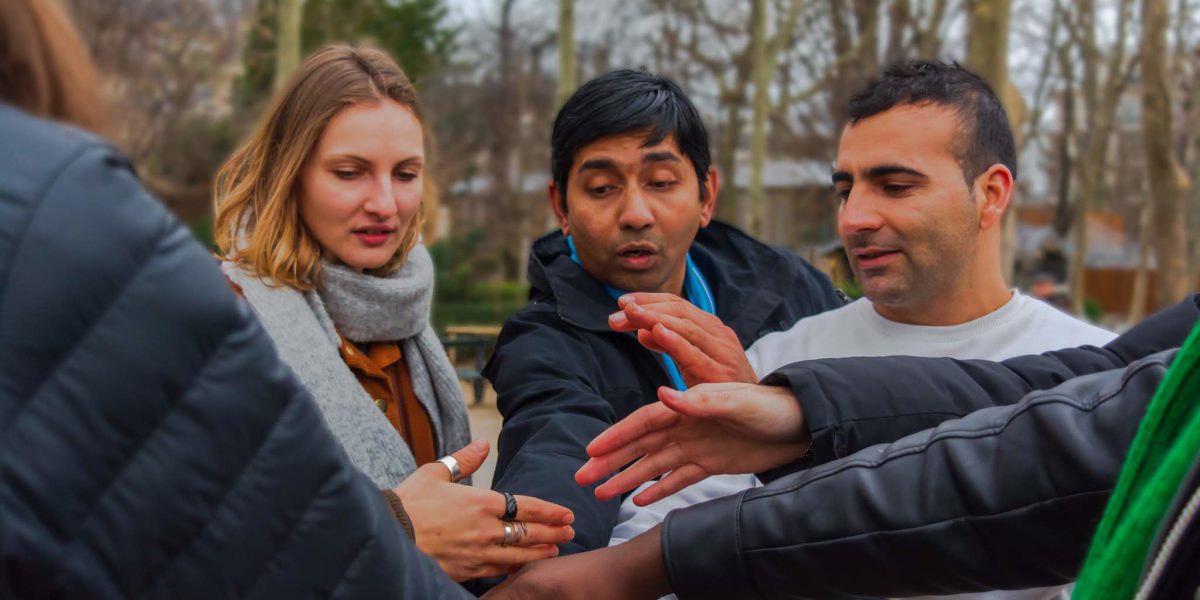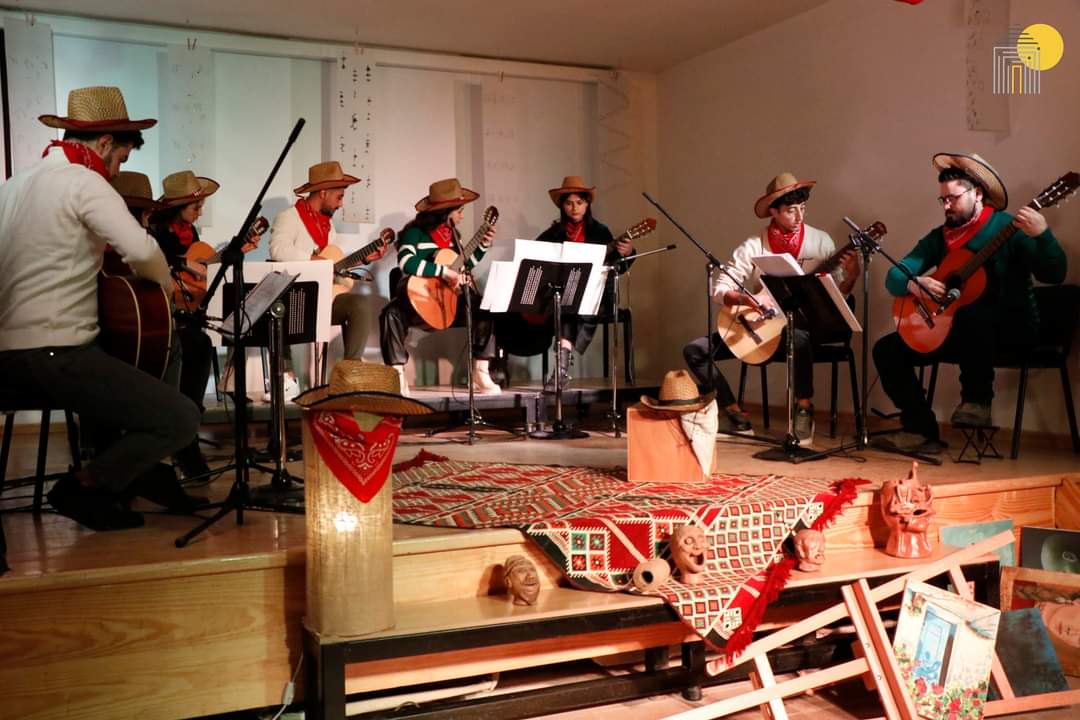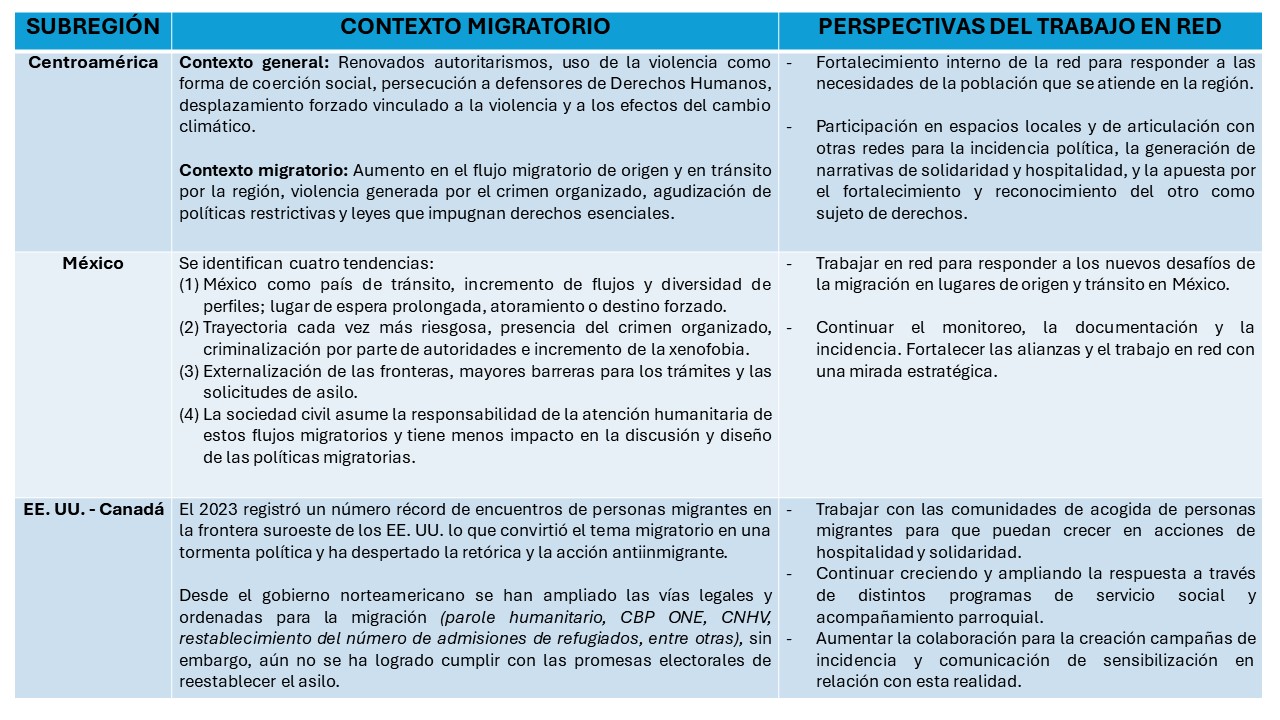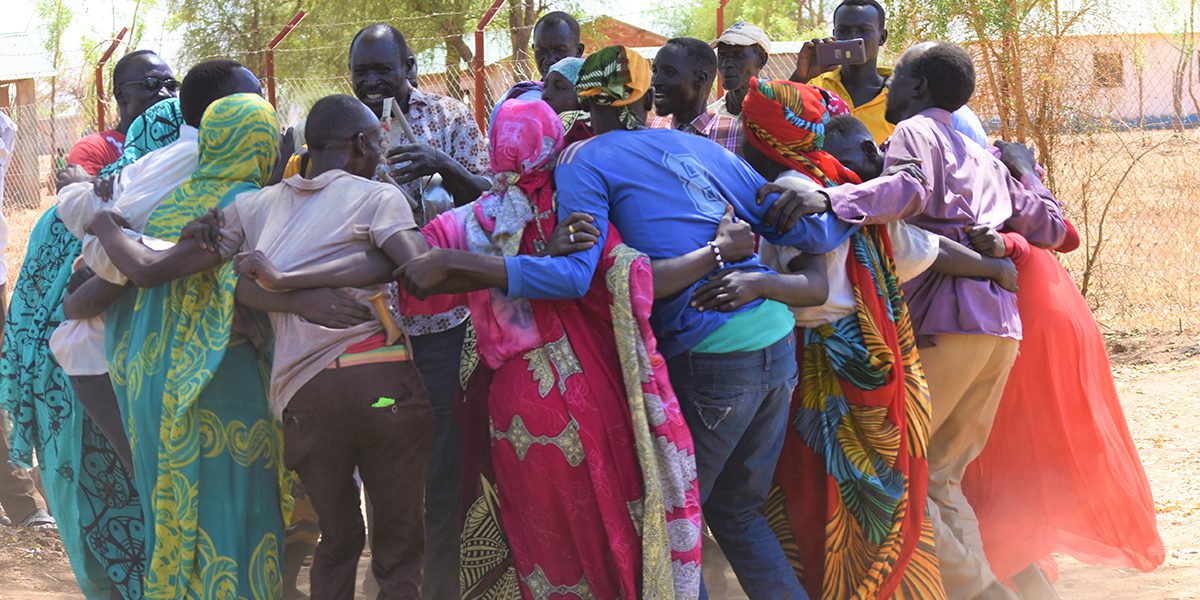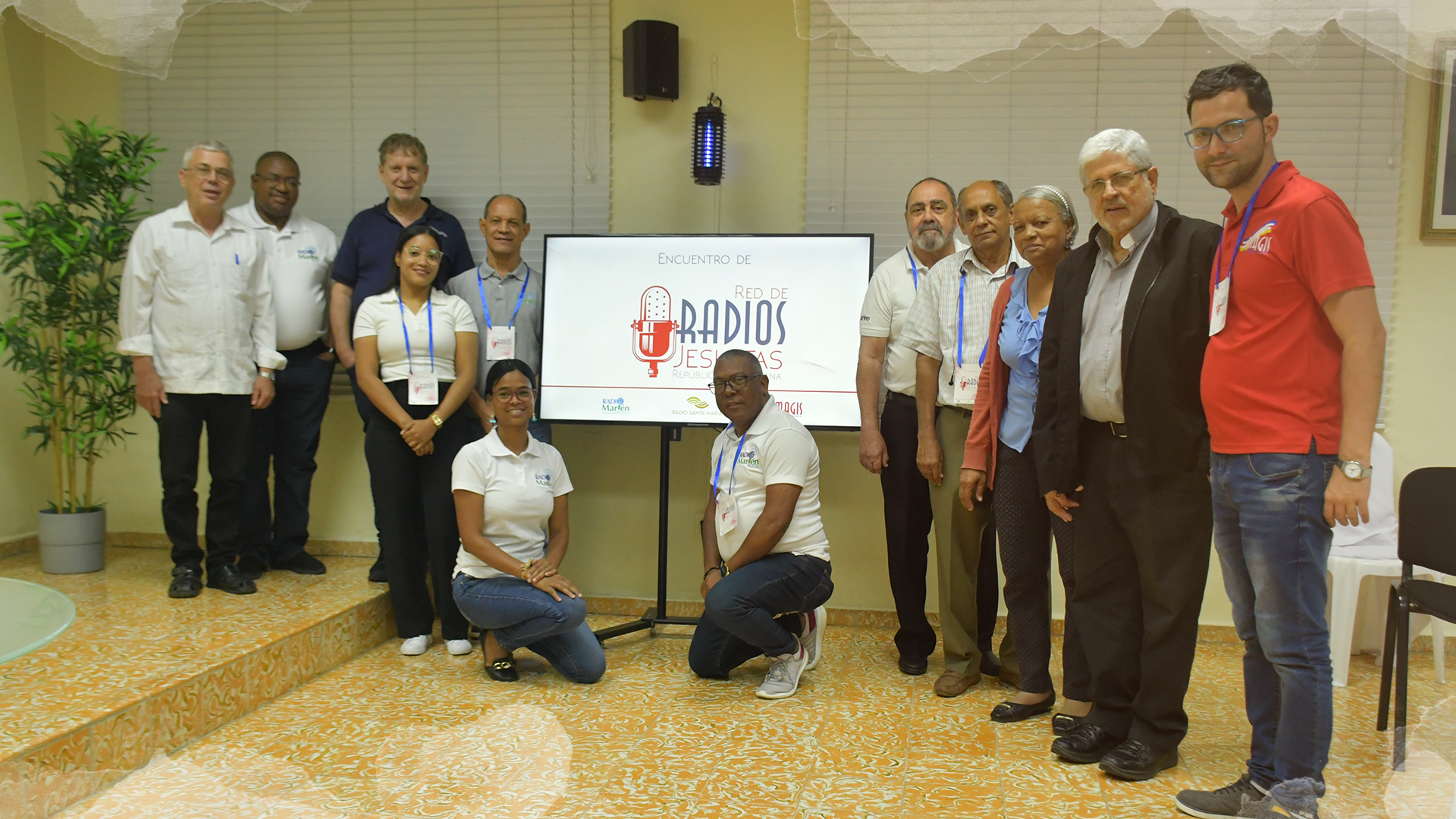Reconciliation in Southern Sudan: the contribution of two Church figures
The Reality of Ethnic conflicts
We have heard people telling or reading stories about war and the atrocities it has caused in South Sudan. People have also historical ethnic grudges they carry with them and when there is a small misunderstanding, it is taken as the right moment for revenge. Countrywide, this attitude has developed to a high level. People are looked at in terms of their ethnic background. This ethnic conflict is taken advantage when politicians have their political disputes. A little political conflict is easily fuelled by these pre-existing ethnic conflicts and that’s why division can easily happen in the army and the tribal lords benefit to gather around them an army of tribe-men. So that when they are fighting, they target those tribes they are opposed to.
The Church Response
The Church has never kept quiet. Prominent Church persons at the local and the Universal Church levels have put a lot of effort into helping South Sudanese find unity among themselves. The late Bishop Paride Taban and Pope Francis are some examples.
So,
during the war time and regardless of imaginable terrible circumstances, he
reached out to people without looking at their ethnic origin. He created means
to help people coexist without tribal or religious limits.He
wanted human community where peace is cherished and people accept that their
tribal or religious differences should not make them hate each other. To make
this real, he established the village for peace called “Koron village for
Peace”. In this village, there are people from different tribes and religious
background. And he continued to spread the idea of Koron village to every part
of the Country he went to. He asked people to forgive and cooperate with each
other.
For the late Bishop, when people are united and there is prevailing peace among them, they can be able to explore their potentials and transform their lives. But peace could come if they are ready to forgive each other because war brought wounds in the hearts of many people. They lost their loved ones, children, siblings, husbands, wives, or friends. People do not have good memories. That is why the only way to live together is first to forgive and accept each other regardless of tribal or religious differences that are inevitable.
He really shown this harmony was possible to create. In Koron peace village, he brought together different ethnic groups who fought each other for quiet long time. He also built schools where children from different 24 ethnic communities come together to study and learn to live with each other in peace.
He received four awards in his lifetime for his efforts for peace and humanitarian works he has done.Bishop Taban died on 1 November 2023. He was mourned by all people; Christians and peace-loving people regardless of their religion. But his work has not died. Koron Peace village is still existing and we pray that the spirit of the Bishop continue to exist. Bishop was a man of peace.
When ethnic conflict broke out in 2013 and many lives
were lost, the world witnessed the most humble gesture of the Holy Father Pope
Francis when he knelt to kiss the feet of South Sudanese leaders and asked them
to reconcile and bring peace. From that moment, hope was renewed and we knew
something positive will come out of that.
And the Holy Father did not end there, he came to Juba and stay for few days. While addressing the president and government officials, the Holy Father said he came as a “Pilgrim of Reconciliation” and this means a lot to the ordinary people.
Everybody is tired of war and is longing for peace. And
we are hoping the better days are coming. There is still a lot of struggle and
everything looks confused and people are still suffering but local Church
leaders, inspired by the work of the late Bishop Paride Taban and Pope
Francis’s visit, are working hard together for a peaceful South Sudan. It is a
dream of every Christian to live in a harmonious and peaceful environment. We
hope that relative calmness and efforts for peace continue to be reinforced so
that the dream of so many South Sudanese like the late Bishop Paride Taban is
achieved.
By Valentino Okwero SJ



